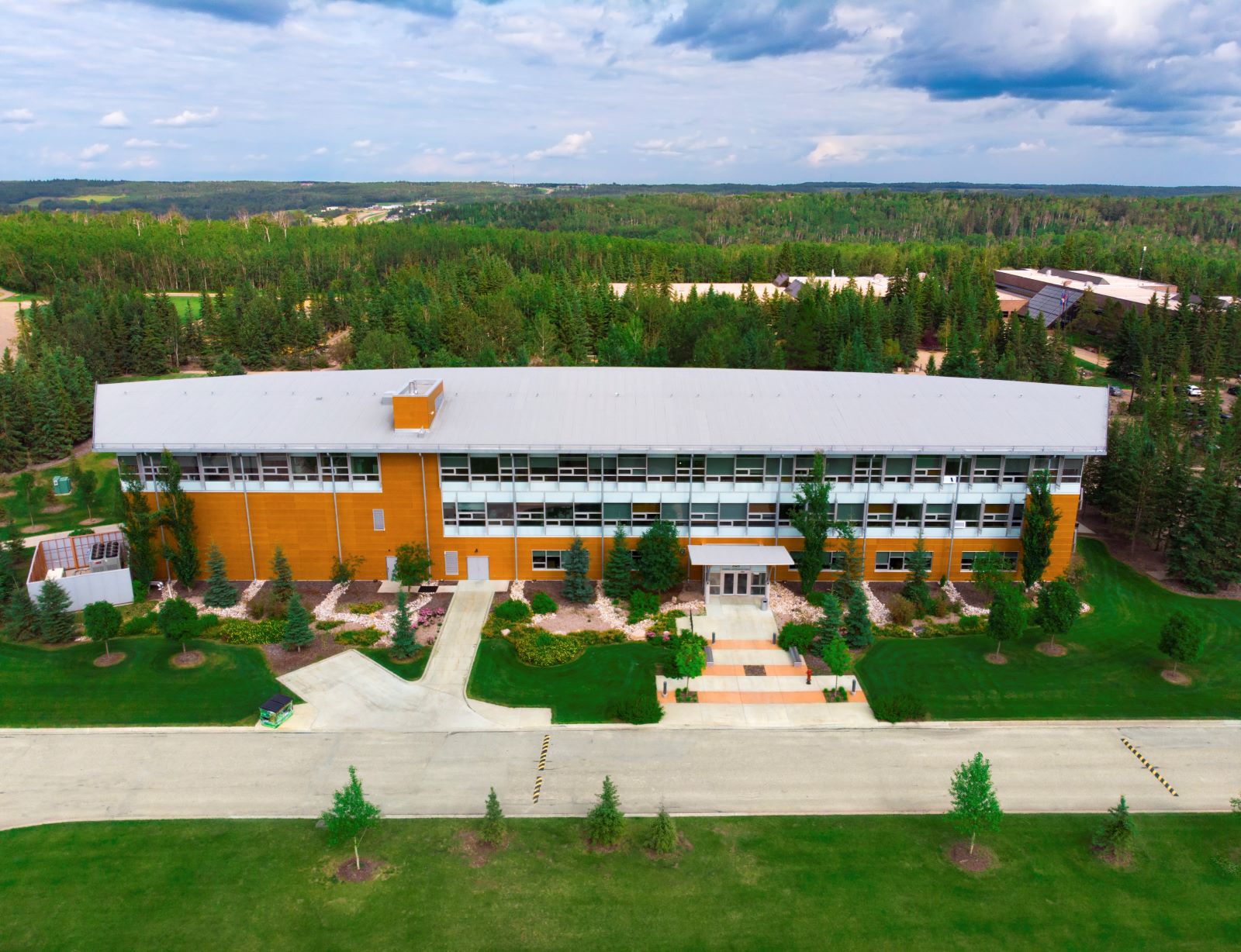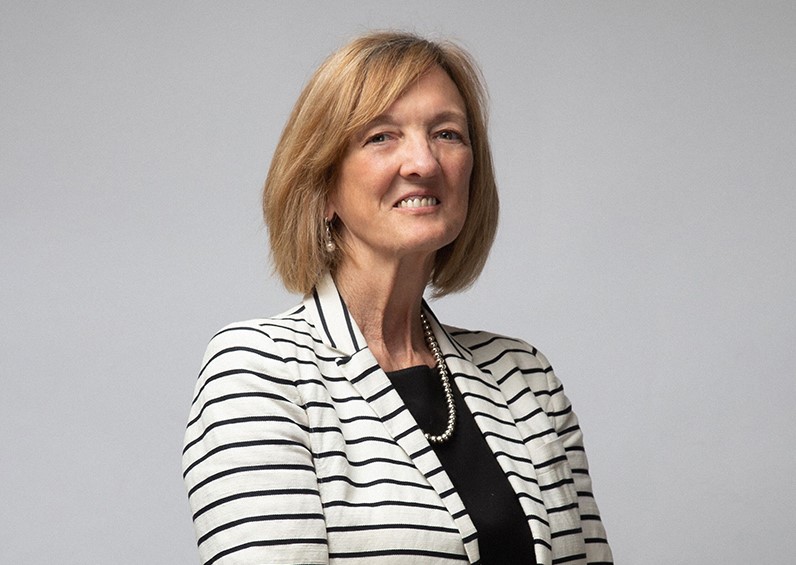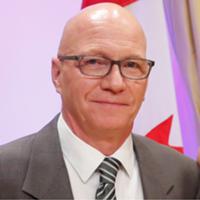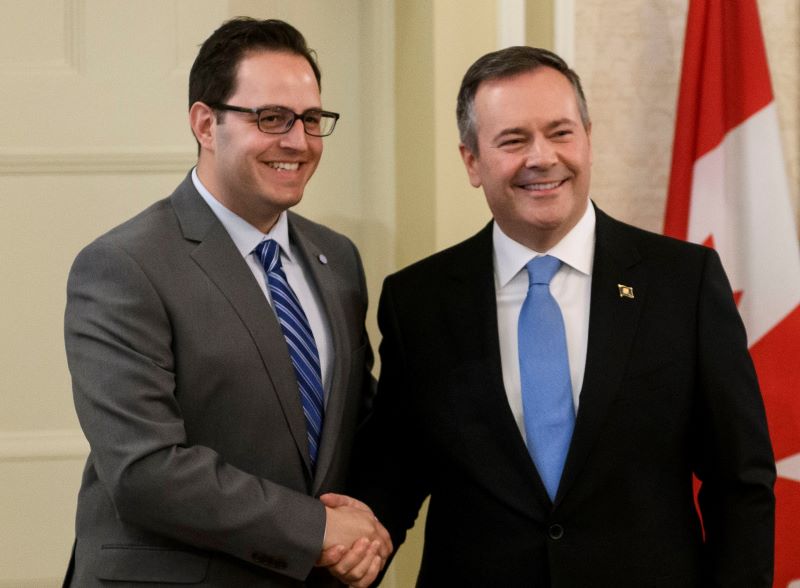For months, the government of Premier Jason Kenney and Athabasca University have been in a standoff over a political directive that the university insists would undermine its independence.
Now, the university’s refusal to bend to the government’s will has cost university board chair Nancy Laird her job.
Through an order in council issued Wednesday, Advanced Education Minister Demetrios Nicolaides rescinded Laird’s appointment effective immediately and appointed Calgary lawyer Byron Nelson, a long-time conservative supporter and candidate.
Laird, an oil and gas executive with more than 30 years’ experience, was appointed in August 2019. Reached by phone Thursday, she declined to comment.
But The Tyee has exclusively obtained an April 4 letter from Laird to Nicolaides in which she makes it clear the board would not be following his directive to increase the number of staff in Athabasca, a town of 3,000 about 140 kilometres north of Edmonton, to bolster its economic development.
Laird also chastises Nicolaides and Kenney for “undermining” the university’s board and executive during a town hall in Athabasca.
Nelson unsuccessfully ran against Nicolaides for the United Conservative Party nomination in Calgary-Bow.
He also unsuccessfully challenged Kenney for the leadership of the Progressive Conservative party, which subsequently merged with the Wildrose party to form what has now become the fractious UCP. Kenney recently announced he is stepping down as premier after gaining only 51.4 per cent support in a leadership vote.
Neither Nicolaides nor Nelson responded to interview requests.
In an emailed statement, Athabasca University president Peter Scott said he looked forward to working with Nelson “as we continue to implement our strategic plan in accordance with our mandate.”
At an unrelated news conference Wednesday before he issued the order in council removing Laird from the board, Nicolaides framed his directive to Scott and the board as a “request” and said he has confidence in Scott to fulfil it.
Nicolaides also confirmed it is the board that makes hiring and firing decisions, meaning if Scott is removed as president it must be the board that takes that action.
President pushes back against directive
Last month, The Tyee revealed Scott was refusing to accede to a directive from Nicolaides to shift Athabasca University from a nearly entirely virtual campus in order to increase its economic presence in the northern Alberta town.
Athabasca University is Canada’s largest online post-secondary institution, with all of its programs and courses specifically created for distance learning. It has more than 33,000 students in Alberta and another 10,000 in Canada and around the world.
In a March 22 letter from Nicolaides to Laird, the minister, citing “significant concerns” from the local community, instructed Athabasca University to consolidate its executive and senior administration offices in Athabasca.
Nicolaides further directed the board to develop and implement a strategy to attract and retain talent, and reopen the university’s campus to resume most employees working on-site.
The directive followed a year-long campaign by a group of townspeople who want the university to hire or move more people to Athabasca, which has a population of about 3,000.
The campaign included the hiring of lobbyist Hal Danchilla, who was co-chair of Kenney’s election campaign, at a cost of $7,750 a month. The town is providing the money to pay Danchilla.
But in The Tyee interview, Scott said he viewed the Nicolaides letter not as a “directive,” but rather a request — one to which he would not accede. He also said he had no intention of moving to Athabasca from Edmonton where he now lives.
“We will have a virtual campus,” Scott said. “And our strategy to deliver the virtual workforce, to make the virtual campus work, has also been agreed to in a long-standing way.”
“It is the board that runs university strategies, not governments,” he said. “So I'm very happy to respond to what the minister has framed up, in the letter to us, as his requests. But that must be in line with our continued mission.”

The Tyee has exclusively obtained a letter from Laird to Nicolaides that reveals not only the behind-the-scenes friction between Nicolaides and the board, but also Laird’s mettle.
Laird wrote the bluntly worded April 4 letter in response to a March 24 town hall meeting in Athabasca in which Nicolaides and Kenney openly criticized the board’s management.
No one from the university’s executive or board of governors was invited to the town hall meeting, which was widely viewed in the town as a campaign event for Kenney as he stumped to gain support and sell memberships for his leadership vote.
Board chair letter told minister not to overstep authority
In her letter, Laird reminded Nicolaides they had spoken on March 23, the day after he issued his directive to the university. She said he had confirmed there would be no response to his directive until the fall because the board was busy with union labour negotiations.
But Laird said her primary reason for writing was to express the board’s concerns about the March 24 town hall meeting, in which Athabasca University Faculty Association union members also were allowed to snipe at the board and the university’s managers without any pushback from Nicolaides or Kenney.
“We believe that AU’s governance integrity was undermined by the Government of Alberta to the extent that it impairs our ability to fulfil our educational mandate as well as deal effectively with labour talks with our union,” she wrote.

Referring to a transcript of the meeting, Laird said Nicolaides had expressed “non-confidence” in the AU board governance. She quoted the minister as saying, “We’ve seen some of those challenging and troubling things happening... so it is important for me, as a minister, to make sure that the institution has the right direction, and they can help to begin to develop a plan to address those....”
Laird told Nicolaides the transcript showed personal attacks against the university’s chief information officer, president and executive team “and the (Government of Alberta) representatives did not challenge or defend those accusations.”
“We understand that in response to AUFA questions, including from its president, the Government of Alberta congratulated the AUFA, agreed with severe personal and unfounded criticism of Athabasca University and confirmed that the Government of Alberta had issued directives that fall outside of its mandate,” Laird wrote. She told Nicolaides that while it was difficult to gauge the effect of these statements, the comments from him and Kenney negatively affected contract negotiations with the AUFA.
Laird then made it clear the board wasn’t about to be pushed around by Nicolaides or Kenney. She said the board had “no intention” of breaching its legislated authority to manage and operate the university according to its independent mandate.
“I trust this is not the intention you wished to convey to the AU board of governors,” Laird wrote. “And I trust that you have not made any directives that would substitute your ministerial decision-making authority for the legislated authority of not only the AU board but in fact all other (university) boards, as outlined in the Post Secondary Learning Act.
“I look forward to your written confirmation of same.”
Laird never received that confirmation. ![]()

















Tyee Commenting Guidelines
Comments that violate guidelines risk being deleted, and violations may result in a temporary or permanent user ban. Maintain the spirit of good conversation to stay in the discussion.
*Please note The Tyee is not a forum for spreading misinformation about COVID-19, denying its existence or minimizing its risk to public health.
Do:
Do not: